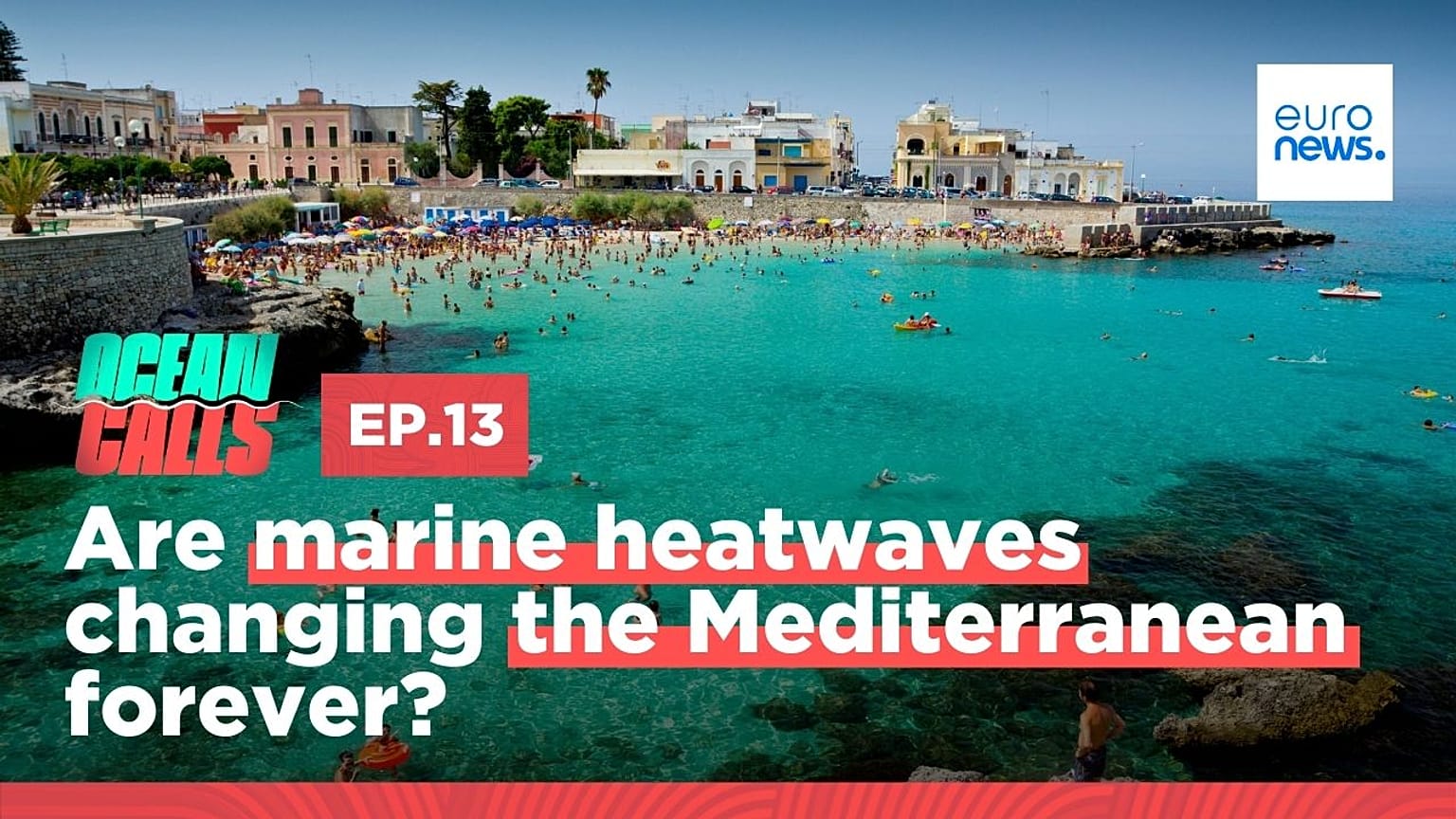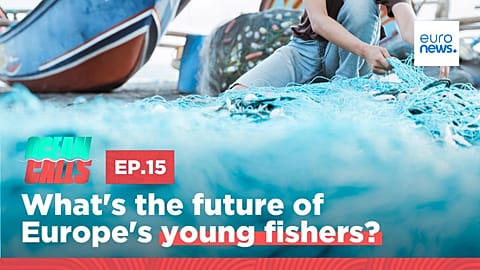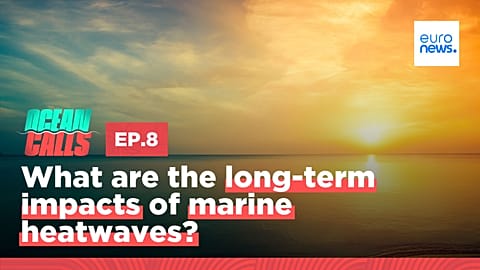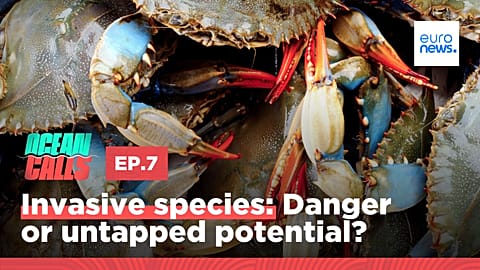From May to August last year, nearly the entire surface of the Mediterranean was hit by marine heatwaves. Why are the heatwaves happening, what's the impact on corals and fish, and can we do anything about it?
“Even the people who live in Catalonia and go every summer to the beaches, don't realise what is going on – the dramatic things that we are witnessing now,” says Joachim Garrabou, Senior Researcher from Spain's Institute of Marine Sciences about the devastating marine heatwaves that have been affecting the Mediterranean over the past decades.
 ADVERTISEMENT
ADVERTISEMENT
 ADVERTISEMENT
ADVERTISEMENT
“The only thing that they see is that okay, it's hotter, it's warmer, but they don't know what is happening under the surface, ” he says, in this episode of Ocean Calls.
Listen to the epiosde:
According to data from European satellites, from June through September last year, the Western Mediterranean showed record-breaking temperatures. That wasn't the case in the Eastern part of the basin, but "maybe next year it’s going to be the other way around,” Garrabou says.
Garrabou’s research showed that about half of the worst marine heatwaves on record have hit the Med since 2015.
“The problem here is this repetition. It used to be a sporadic and not frequent event. Now it's the new normality.”
Marine heatwaves destroy ecosystems
The warming waters lead to bleaching of the corals with the populations of sponges, sea-stars, fish, and mollusks dying en masse. Some species, says Garrabou, are migrating into deeper colder layers of the sea to survive, but this is not a panacea.
“They can move and look for thermal refuge in deeper waters, but they don't find what to eat. So they have problems as well. And then they die.”
Emma Cebrian, a researcher at the Centre of Advanced Studies of Blanes in Spain, and the second guest of this episode, points out that physiological stress is another serious factor making the survival of some species incredibly difficult.
“When you get physiological stress, then you are vulnerable to different illness pathogens or you spend all the summer surviving and not reproducing,” she says.
New invasive species arrive in the Med
Cebrian describes to the Suez Canal, which connects the Red Sea and the Mediterranean as a 'highway' for invasive species, as it allows non-native marine animals to move between these two regions.
A 2021 report by WWF says that nearly 1,000 alien species have entered the Med, mostly on ships. Some of them became more successful than local populations, causing those populations to decline.
“All those species that arrive from the Red Sea have a warm affinity. Before they were stuck in the warmer Eastern part of the Mediterranean, but if the Mediterranean is warming, the range of these invasive species will increase,” she argues.
Both scientists agree that unless we drastically reduce our carbon emissions, the Med will keep warming, and there will be more intense marine heatwaves. They also urge the European Union to put in place more Marine Protected Areas.
“What we are witnessing is a complete change in the habitats, degradation of these habitats,” Garrabou sighs.”I am not optimistic.”
“We have to be ready to understand the Mediterranean partly differently, not as it was 20 years ago. And the only thing that gives me some hope is that in the last year I see the society more aware”, agrees Cebrian.
The Ocean Calls podcast is made possible by the European Commission's Directorate-General for Maritime Affairs and Fisheries.























